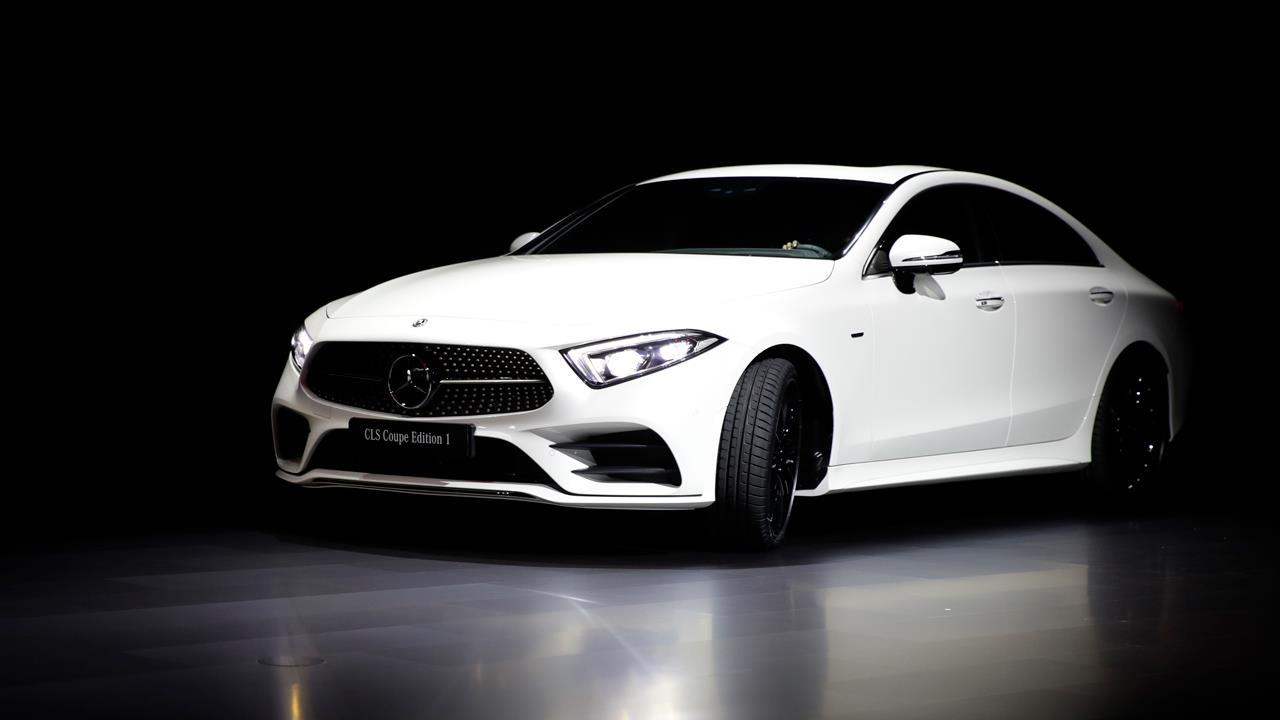WTO warns of trade crisis as German car bosses face US tariff talks
WOLFSBURG, Germany, Dec 4 (Reuters) - The global system of international trade is in crisis, the World Trade Organization (WTO) warned on Tuesday, as German car bosses gathered in Washington hoping to stave off potential tariffs on U.S. imports of luxury cars.
Top officials from Daimler, BMW and Volkswagen have been summoned to the United States to meet White House economic adviser Larry Kudlow to discuss U.S. efforts to rebalance global trade.
The meeting comes after months of warnings from U.S. President Donald Trump that he might impose big tariffs on imported cars, and days after he agreed a truce in a broader trade war with China.
"The system is in crisis mode and how this plays out remains to be seen," WTO Deputy Director General Karl Brauner told the Handelsblatt automotive summit in Wolfsburg, Germany.
Global trade and welfare cannot continue when large countries take unilateral action which deviates from common rules and principles, Brauner warned.
"You need legal certainty and predictability, and if everybody just does whatever they want, it's over," Brauner said, adding the visit by German car bosses may help Trump's administration understand the impact of tariffs on global trade.
Trump warned German carmakers in 2017 he could impose a 35 percent tax on vehicles imported to the United States unless there was some "rebalancing" of trade.
There were too many Mercedes-Benz cars rolling down New York's Fifth Avenue, Trump said, lamenting that Europeans were not buying enough Chevrolets.
The White House's demand to meet German car bosses comes despite the fact it is the European Commission that formally handles trade negotiations on behalf of the European Union.
To try to assuage Trump officials, German car bosses will outline plans for increasing the proportion of components produced in the United States.
Volkswagen (VW) will reiterate it is looking to expand its U.S. manufacturing capacity to include electric cars.
German carmakers are among the largest net exporters of vehicles to and from the United States. BMW and Mercedes, for example, build most of their sport utility vehicles in U.S. plants and import luxury limousines built in Germany to America.
BMW has its largest global car factory in Spartanburg, South Carolina, while VW has a plant in Chattanooga, Tennessee, and Mercedes builds cars in Tuscaloosa, Alabama.
"The German car bosses will not try to negotiate international trade policy, but they will ensure that the people in Washington have the same understanding about the impact of their policies as the mayor of Chattanooga," Brauner said.
Around 10,000 local jobs depend on each model built in Chattanooga, the city's mayor Andy Berke told the Wolfsburg conference in a Webcast interview. (Reporting by Edward Taylor; Editing by Mark Potter)




















